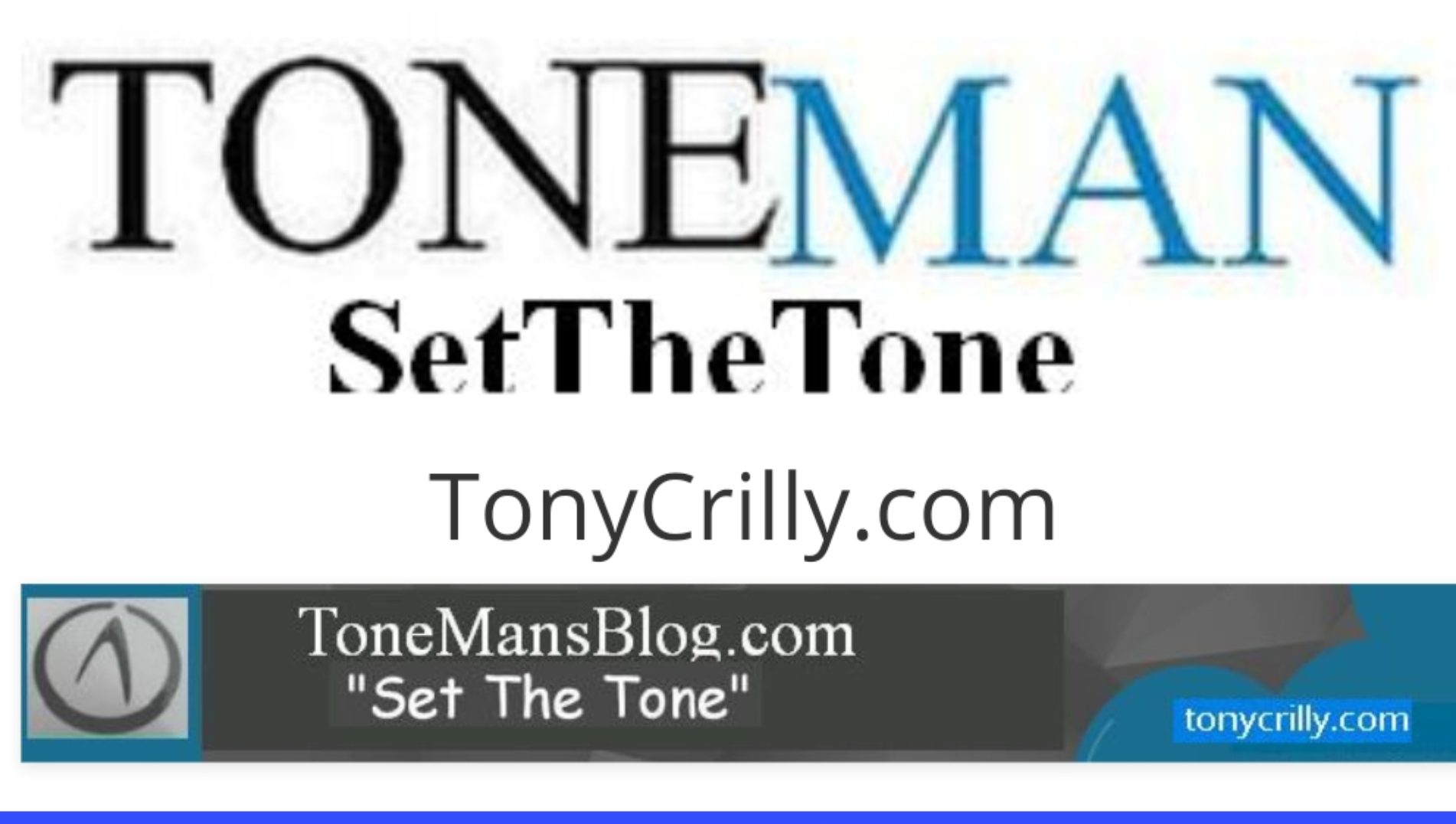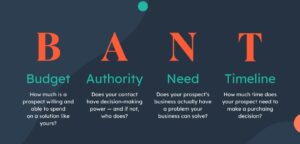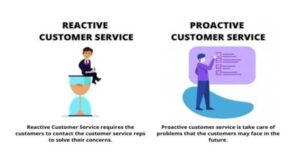
How do you qualify your prospect the right fit for you? (After all, there is a process to earning money ( the right way). Earning the respect 9f companies/consumers to buy your product/service 8s all about getting money, right?)
You might have access to hundreds and thousands of leads but not all of them are worth going after. After all, why would you spend your precious time selling to people who don’t have use for, or don’t have the ability to purchase what you’re selling? So, here is a list of sales questions that you can ask to help you identify prospects worth pursuing
Customize the B.A.N.T.E. to the client
Each client will have a fifferent definition of an opportunity!
- Understand the expectations before you begin calling
- Work with your TEAM to ensure you understand what a “true” opportunity looks like.
I use BANTE, a great sales qualification methodology that helps salespeople determine whether a prospect is a good fit based on their budget, internal influence/ability to buy, need for the product, and purchase timeline. I used BANTE when I was working on IBM campaign Storwise which they developed in the 1950s and is now included as part of my Business Agility Solution Identification Guide. It worked well for me and my teams because it made the sales process more efficient.
BANTE‘s definition is pretty clear cut — so while how you execute on the framework will involve some finesse, creativity, and a sense of how your prospect is responding to your questions, you’ll ultimately need to cover the following aspects:
Budget
Budget – How much is the prospect willing and able to spend on your solution?
Projects take money to complete – if a budget has been established, the company may consider this project/need important.
Questions that can be used to identify budget: Find out by asking these questions.
- Do you have a budget allocated for this already? If so, are you able to disclose the size of the budget? Rough estimate?
- If you have not established a budget, when do you expect to establish? How much anticipate investing? Do you anticipate a minimum threshold
- Do you have the authorization to buy this? What would your role be in the buying process?
Authority
Authority – Who is the authority figure in this sale? Who makes the ultimate decision?
Each company has a unique decision-making structure. Identify stakeholders in the decision-making process.
- Understanding titles or target audience is not enough.
- It is important WHO will make the decision and how.
Questions that I use to identify authority:
- What is the decision making process and how many people are involved?
- What is the prospect’s role in this position?
- How will the decision be made?
- Is their a final decision msker?
Need
Before a company will commit to any project they must have a defined need or pain/challenge.
- There must be a compelling reason to change
- No Need = No Lead
Questions that can be used to identify need.
- Tell ke more about your 0roject or plans to change?
- What fo you hope to achieve?
- What features and benefits are important to your orhanization/efforts?
- What business problem will this solution solve?
- What is your main motivation for changing?
- What happens if you don’t change(
- When do you need this solution in place? What benefits do you expect
Timeline
Sales cycle can be long, so its important to understand where the prospect is in the process. Identifying whether you’re looking at months of red tape and approvals or a simple one-pitch-and-a-close type of deal can help you plan your pipeline and prepare for the close.
Prepare a timeline for the sales process. You know the budget, who the decision-makers are, and the need they have for your product. Now it’s time to find out how quickly their organization needs to make a decision
Questions that can be used to 8dentify a timeline
- When will you make a decision on tjis initiative?
- When do you expect to start the decision making process?
- What syeps have you already taken to make a decision?
- When do you expect to launch the product?
Environment
The current environment is the foundation upon which any future project will be built.
The more information you can uncover about the current environment, the better you will be able to map it to the client’s value proposition. Details matter!
Questions that can be used to 8dentify environmant
- (If a prospect has used or is currently using an equivalent product) How was/is your experience working with this product?
- What hardware/software are you currently using? How old is it?
- Are you looking at other similar solutions? If yes, which ones are you considering? What prompted you to go on the lookout? When are you planning to re-evaluate the system?
- How well does your solution integrate with new applications? How much work is required to make this happen?
- Do you foresee any challenges that might derail this project?
One more question…
Before you hang up the phone, always ask one more question to get additional information.
“Before I let you go, do you kind if I adk you about ___________________ ?
Keep asking one more question until you are satisfied that you hsve enough information.
- Take your cues from the prospect… if he/she seems like they are starting to get anjoyed or need to end the call, stop!
Details, Details, Details
Make sure you capture as much information about the prospect as possible. Even if there is no opportunity, the business intelligence is crucial.
Take notes during the call to ensure you go not miss anything.
- After the call ipdate your CRM to ensure information is placed in the right fieldsm
Think like the client!
- What information will they find valuable?
- Will they be able to pick up your motes and continue the vonvetsation?
Keeping a pulse on the deals you have in the pipeline (outside of the times you’re meeting with them) can help you uncover new needs they have that your product can solve. You may also discover additional stakeholders you’ll communicate with later in the sales process.
It’s clear that money is completely vital to your business, community, your family,. Not only does this lead to a better understanding of business development and success, but awareness and sales education also reduce the rates of business failure (excluding ego’s, of course). Studies have shown that comprehensive ssles education increases the growth of when businesses can expand to the next stage. Learning about prospects and buyers perdonas, what makes them buy and how to use it correctly ultimately leads to lower rates of failures. Lastly, comprehensive sales education also teaches those not familiar with sales like finance tiles about consensual nurturing, and will hopefully lead to healthier sustainable, scalable, growth business relationships and lower rates of missing the opportunities in the future. Not only should sales questions be important in how you ask and what upu ask , but it should be important for all sales systems.








